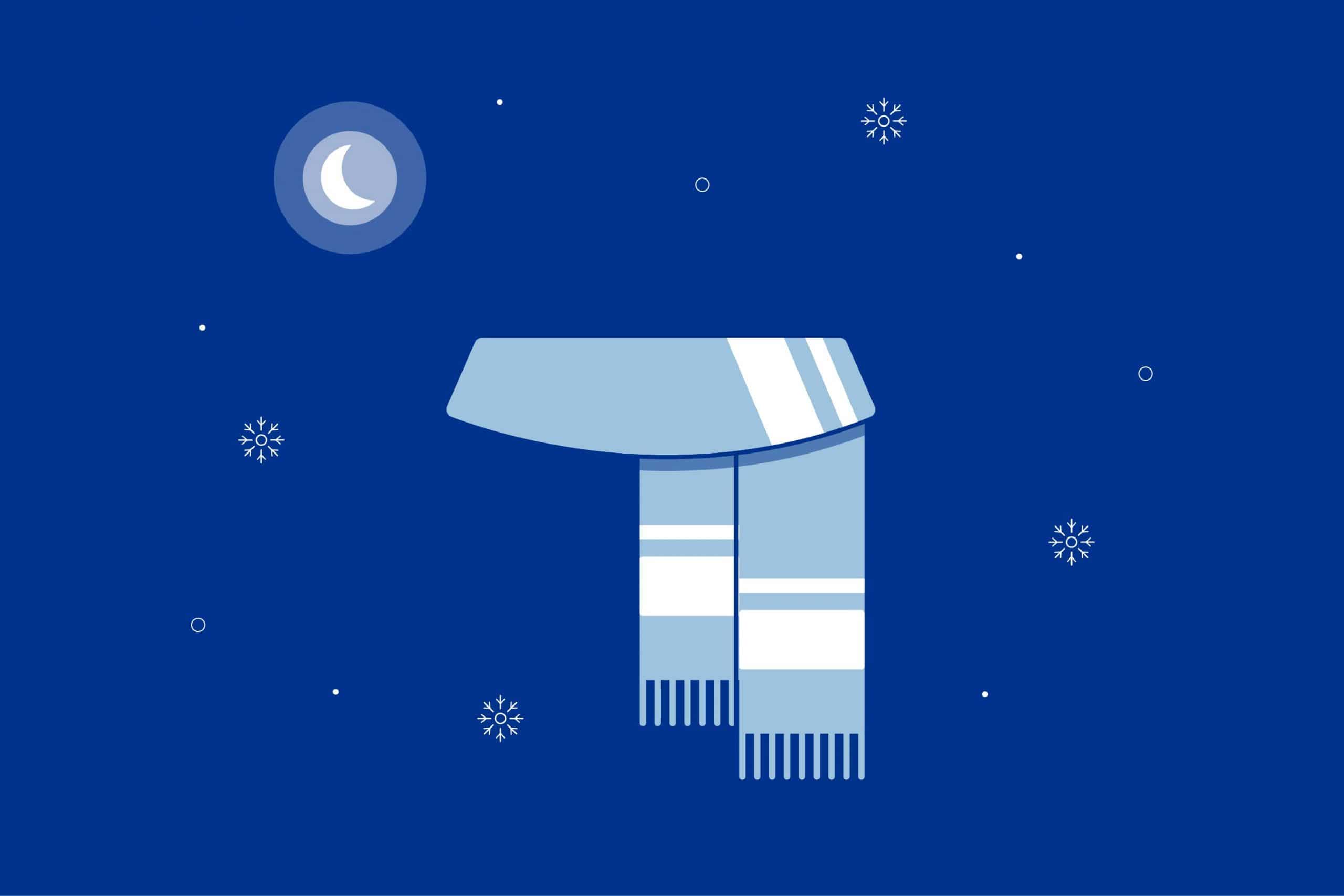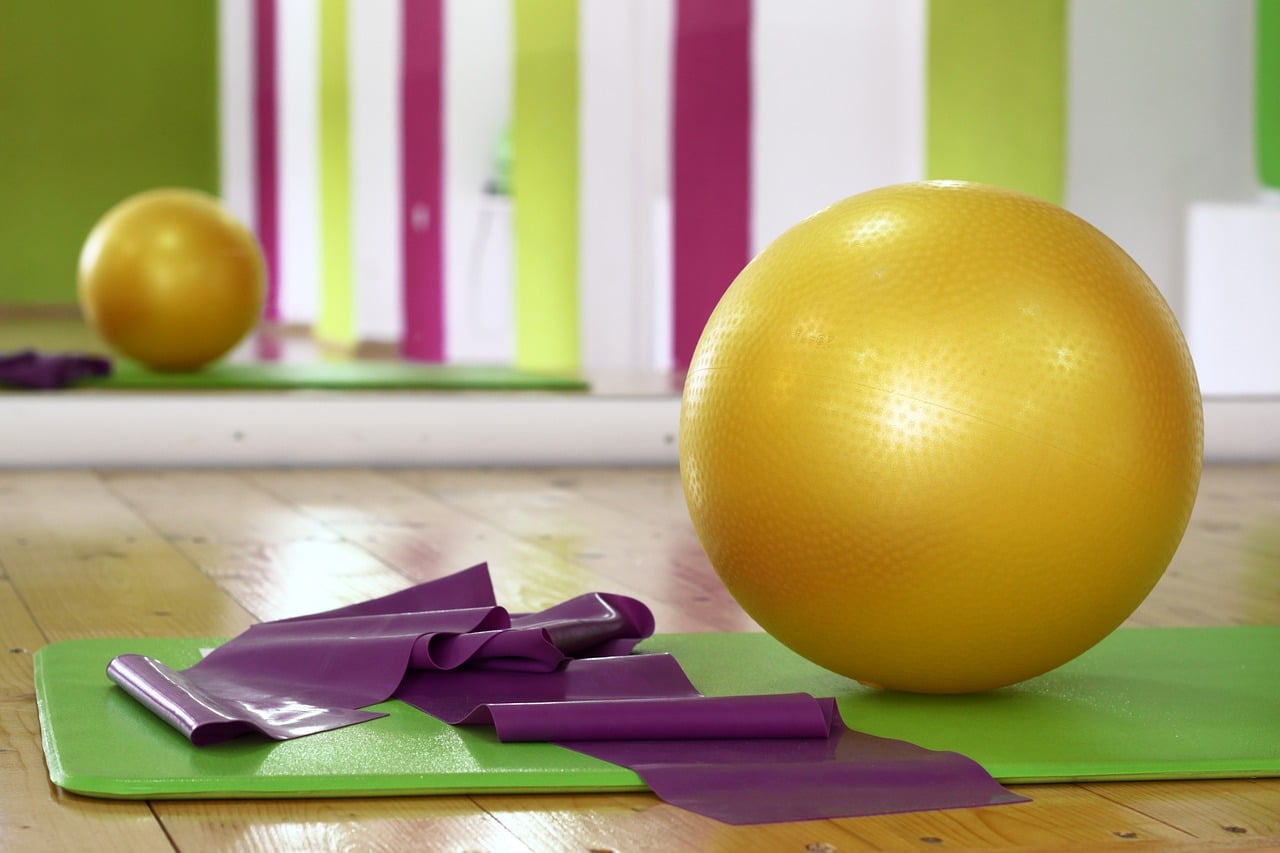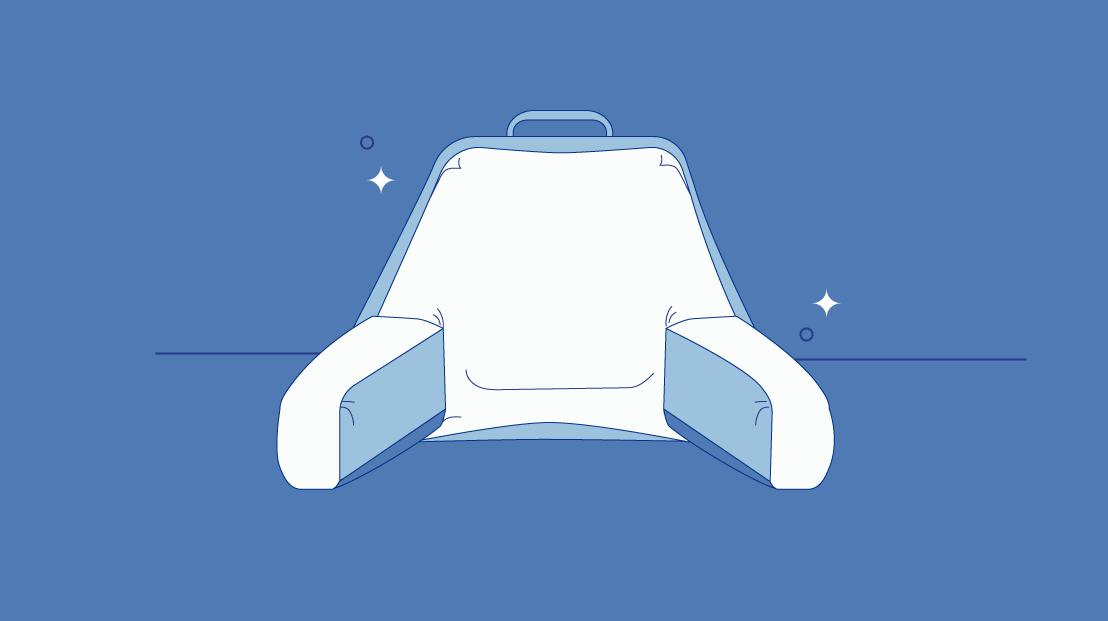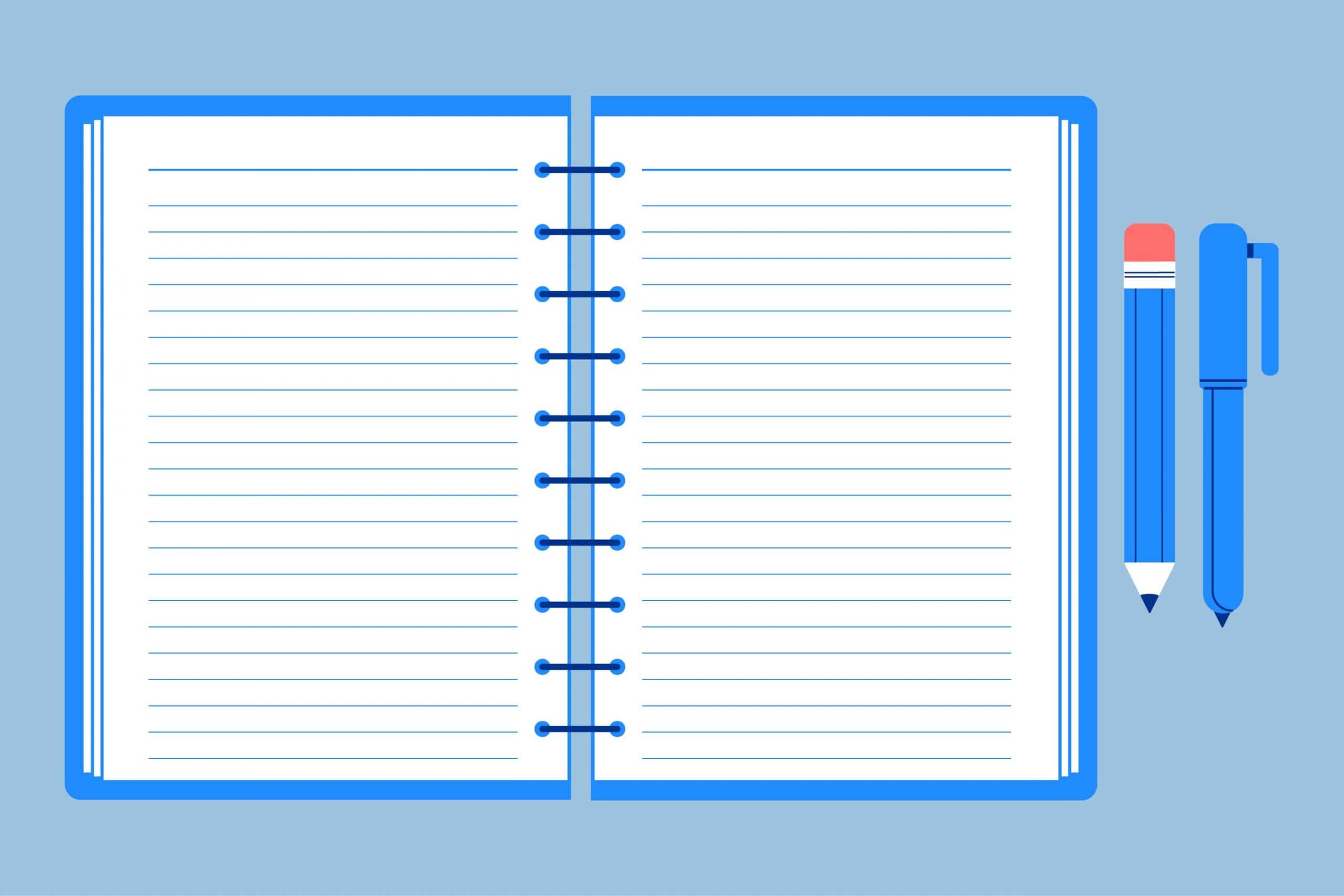Key Takeaways
- How Temperature Affects Sleep Quality: Temperature plays a significant role in the quality of sleep, with cooler temperatures generally facilitating deeper, more restful sleep. Studies suggest that the ideal room temperature for most individuals ranges between 60 and 72 degrees Fahrenheit, with temperatures in the 60s promoting the best sleep quality.
- The Effect of Cold on the Body and Sleep: Cold winter weather can lead to changes in indoor air quality, contributing to drier air, which can cause discomfort such as dry sinuses and skin. Using a humidifier, maintaining adequate hydration, and minimizing the use of heaters can help alleviate these issues and promote better sleep during the winter.
- Less Sunlight Affects Sleep: Exposure to less sunlight during the winter months can affect circadian rhythms, leading to potential sleep disturbances. Getting exposure to natural sunlight, limiting electronic device usage at night, and considering bright light therapy can help regulate sleep patterns and improve overall sleep quality during the colder seasons.
Dark, quiet nights that start early, cool weather outside, hot tea and a warm blanket — sounds like a perfect recipe for good night’s sleep right?
The subject of getting good sleep has been a popular one recently, and one area of focus is on how external conditions like light, noise and even temperature may factor into our ability to get quality rest.
When it gets chilly outside, it’s definitely tempting to snuggle up under the covers and hibernate. Many of us may even notice changes in our habits related to the weather. But, does the chilly weather actually influence how we sleep?
We looked at the latest research and expert opinions to see what science has to say about temperature, weather and snoozing, and found some interesting points to share. Read on to see how cooler seasons can affect rest and how to get great sleep.
Temperature & Sleep: How Cold Weather Can Affect You
When considering things that may affect the quality of your sleep, temperature may not be on the top of your list but according to some researchers, it perhaps should be. Temperature plays an important role in the body’s functioning, and even during sleep how cool or warm you are at night can influence the quality of rest you receive.
How Cool Temperatures Affect Sleep
Sleep and wake cycles are governed in large part by our circadian rhythms. Around when we should be heading to bed, our body temperature takes a slight dip and stays lower until close to wake time. Body temperature also drops slightly in the early afternoon, coinciding with post-lunch sleepiness.
Science has yet to discover definitive causation between body temperature and sleep, but studies have shown connections. It appears that when temperatures are cool, this facilitates deep sleep. In contrast, warm temperatures may make sleep less restful.
In a Huffington Post article, professor Michael Decker, Ph.D., spokesman for the American Academy of Sleep Medicine, discusses temperature and rest. “As we sleep, our body acclimates to the room temperature,” he says. ” If we lower our body temperature a little bit in a cooler room, we tend to sleep better.”
Dr. Christopher Winter went into more detail in another article, saying that the sleep cycle is typically initiated when our core body temperatures drop, and that people with higher internal temperatures (like athletes) may have trouble sleeping when the room is not cool enough to allow this to occur. Studies he mentions find that ideal temperatures are between 60-67 degrees, with cooler temperatures in this range being linked to deeper sleep.
Experts on Web MD also say room temperatures that are too cold (or too hot) can affect sleep quality and make falling asleep more difficult. Though the doctors cited mention that individual comfort preferences vary, a range between 65 and 72 degrees is thought to be ideal for most.
A few studies have also looked at how temperature can affect sleep both in terms of biological impacts and on sleep quality.
Certain types of insomnia are believed to have connections to body temperature irregularities, meaning the evening temperature drop is delayed or the morning increase is advanced. Although conclusive evidence isn’t yet available, sleep hygiene experts typically recommend Verified Source Harvard Health Blog run by Harvard Medical School offering in-depth guides to better health and articles on medical breakthroughs. View source keeping temperatures cool as part of improving overall sleep quality. If your core temperature is elevated due to a big meal or fever, sleep can also be difficult.
One side benefit: sleeping in a cooler room may help improve your health. One study published in the Diabetes journal found that cool temperatures (66F) stimulated brown fat growth compared to 75F and 80.6F. Brown fat is a good thing because unlike white fat, it helps your body burn energy and may help protect against obesity and diabetes.
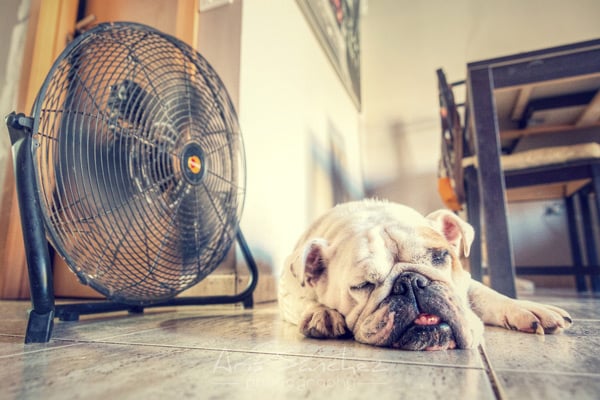
However, cool temperatures can also have some risks, particularly when they are extreme or coincide with health conditions.
A 2012 review of data on temperature and sleep from the Journal of Physiological Anthropology found that heat and humidity affected slow-wave and REM sleep while cold did not. Cold temperatures were shown to affect cardiac activity, raising blood pressure and decreasing heart rate, which authors say may contribute to increased cardiac events in colder months and say the room temperature should always be above 10 degrees Celsius (50F).
“We know that the body loses some of its ability to manage temperature during the REM sleep cycle,” says Dr. Colleen Ehnstrom, a clinical psychologist with experience in treating insomnia and other sleep disorders. She also adds, “The REM sleep cycle dominates the second half of the sleep cycle so frequently people start the night feeling their temperature is where it needs to be but then wake up uncomfortable. The recommendation is to have a fan or extra blanket (depending on if you are cold or hot) to help adjust accordingly.”
Another study Verified Source Oxford Academic Research journal published by Oxford University. View source found that people with untreated sleep apnea experienced better sleep quality, slept longer, and were more alert in the morning at 60.8 degrees versus 75.2 degrees, but paradoxically experienced more symptoms at the lower temperature.The best temperature for sleep varies for everyone depending on health and personal comfort preferences, but research shows and sleep hygiene experts agree that there is such a thing as too cold and too warm when it comes to nighttime temperatures.
Essentially, the prevailing wisdom is that somewhere in the 60s to low 70s is best, depending on what you personally find most comfortable. In the winter, that means a low thermostat at night not only cuts your heating costs, but may also help you sleep better.
Try a few different thermostat settings for a couple of nights each to see where your Goldilocks’ zone resides. If your thermostat is programmable, try working with your body’s rhythms – set temperatures to gradually cool off around your bedtime, and raise slightly a little before your alarm goes off.
In the article referenced above, Dr. Winter also suggests trying products designed for optimizing sleep temperature to minimize cooling costs, such as performance sheets for breathability, gel pads for temporary cooling, and especially a good quality mattress.
How Cold Winters Affect Sleep
While your indoor air and bedroom environment will likely play the biggest role, there a few ways that winter weather can affect sleep aside from changes it brings in indoor temperatures.
Less Sunlight
Winter days are shorter and the weather often keeps people bundled up or indoors. The dark nights can be good for turning in early, but they also dramatically reduce the amount of sunlight exposure for many people, which can affect circadian rhythms.
This can make you feel sleepy and sluggish all day, and throw off your bedtime at night leading to late nights and oversleeping or undersleeping. Experts suggest getting out in the sunlight first thing in the morning, and to limit bright lights and electronics at night.
For those who cannot get a daily dose of sun, bright light therapy has been shown to improve symptoms of seasonal affective disorder and other circadian rhythm disturbances.
Drier Air
Cold winter air typically contains less moisture and humidity than other seasons. Using electric heaters to warm the room temperature also contributes to indoor dryness, which can dry out mucous membranes and skin. When your nose dries out, this can force you to open your mouth at night to breath, leading to snoring and affecting how well you (and your partner) sleep.
If you run the heater often or live in a drier climate, a humidifier could prove helpful. The EPA Verified Source Environmental Protection Agency (EPA) Works to control/prevent natural and manmade disasters. View source suggests keeping indoor humidity levels around 25%-40% in the winter – if your sinuses are irritated, skin feels dry, or you notice lots of static, it could be low. Cool mist humidifiers are generally suggested for congestion and children’s rooms, while ultrasonic models limit noise for sound-sensitive sleepers.
Colds & Flus
The winter season is also prime time for seasonal colds, along with the flu season that can affect sleep. Rather than breathing through your nose, which is considered ideal, congested sinuses force you to open your mouth which can be uncomfortable and, as mentioned above, lead to snoring and disrupt normal sleep patterns. Fevers, body aches, cough, and other symptoms also make sleeping a struggle.
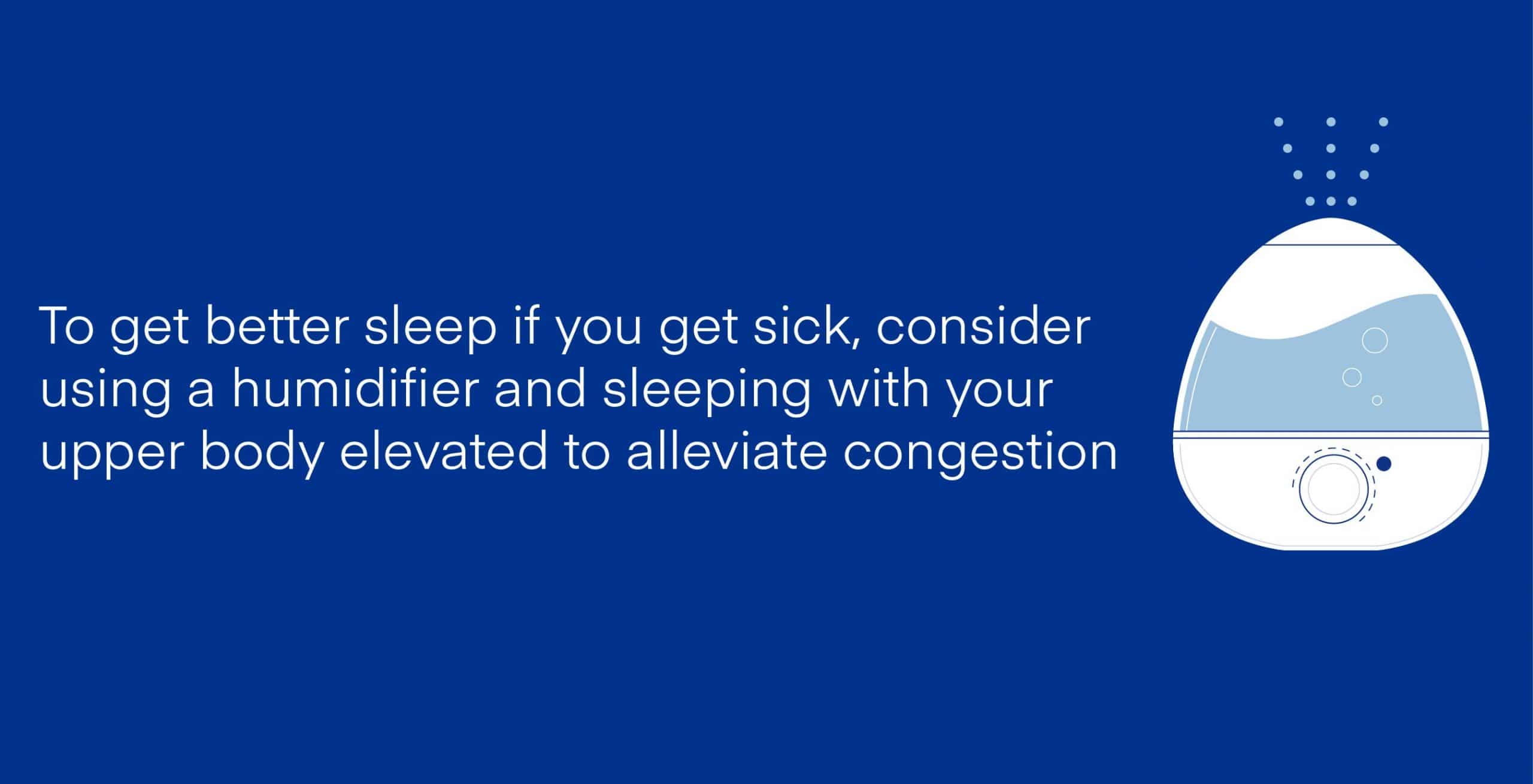
To get better sleep if you get sick, consider using a humidifier, keeping rooms dark, and sleeping with your upper body elevated to alleviate congestion. Staying hydrated and sipping on herbal tea before bed can also help. Web MD suggests being careful of stimulants and alcohol in cold medicines and recommends trying nasal decongestant sprays or strips for relief as an alternative.
Sleep Better During Winter
Based on research, studies, and expert opinions, here are a few tips for getting the best possible rest during cooler winter months:
- Keep ambient temperatures between 60-72 degrees.
- Use a humidifier if your nose or skin feels dry.
- Have a couple layers of blankets on your bed to accommodate changes in temperature or different preferences for couples.
- Keep hands and feet warm with socks or a warm water bottle.
- Use breathable bedding or climate-control accessories.
- Maintain a normal sleep-wake schedule even on the weekends.
- Get out in the sunlight at least 20 minutes per day, the earlier the better.
- Stay active during winter. Exercise supports better sleep habits—Dr. Ehrnstrom suggests moderate exercise 4 to 5 hours before bedtime to aid in temperature regulation.
- Take a warm bath 1-2 hours before bed – the drop in temperature as you get out of the tub can help your body prepare for sleep.
- Keep lights low after dark and try not use smartphones, TVs and close to your bed.
- Eat plenty of vitamin-rich vegetables and fruits and stay hydrated.
The human body is a highly-complex machine, and sleep is also a very complex process that is still not entirely understood by science. However, most researchers agree that seasons and temperature can affect rest quality and duration.
While cool room temperatures can be good for deep sleep, cold temperatures and dry air can also be disruptive and keep you from falling asleep quickly.
Don’t set your thermostat too high or too low, pay attention to your bed and sleep environment, and try to maintain a regular schedule along with other healthy habits to get the best sleep during cold winter months.
How does the cold weather and the winter affect your sleep? Do you prefer sleeping when it’s cold or hot out?
About the author
Rosie Osmun, a Certified Sleep Science Coach, brings a wealth of knowledge and expertise to the health and wellness industry. With a degree in Political Science and Government from Arizona State University College of Liberal Arts and Sciences, Rosie's academic achievements provide a solid foundation for her work in sleep and wellness. With over 13 years of experience in the beauty, health, sleep, and wellness industries, Rosie has developed a comprehensive understanding of the science of sleep and its influence on overall health and wellbeing. Her commitment to enhancing sleep quality is reflected in her practical, evidence-based advice and tips. As a regular contributor to the Amerisleep blog, Rosie specializes in reducing back pain while sleeping, optimizing dinners for better sleep, and improving productivity in the mornings. Her articles showcase her fascination with the science of sleep and her dedication to researching and writing about beds. Rosie's contributions to a variety of publications, including Forbes, Bustle, and Healthline, as well as her regular contributions to the Amerisleep blog, underscore her authority in her field. These platforms, recognizing her expertise, rely on her to provide accurate and pertinent information to their readers. Additionally, Rosie's work has been featured in reputable publications like Byrdie, Lifehacker, Men's Journal, EatingWell, and Medical Daily, further solidifying her expertise in the field.
View all posts